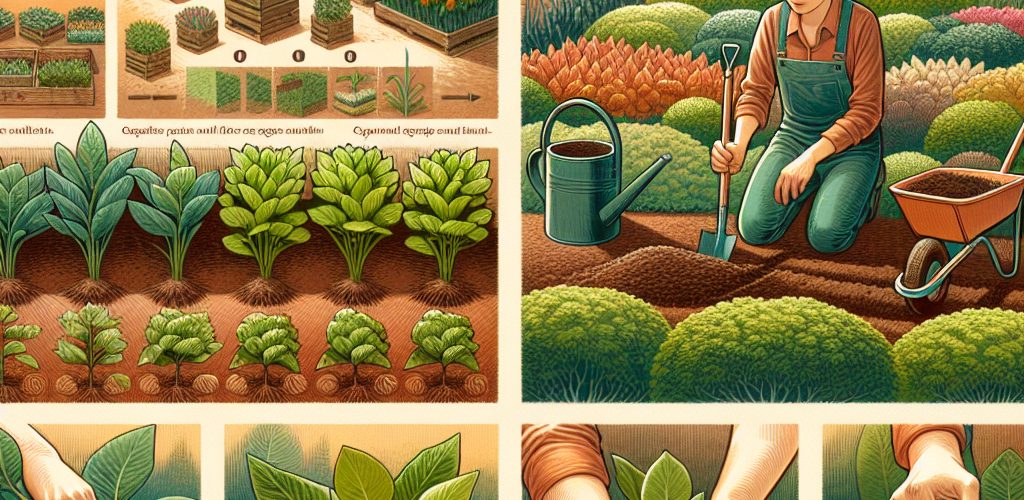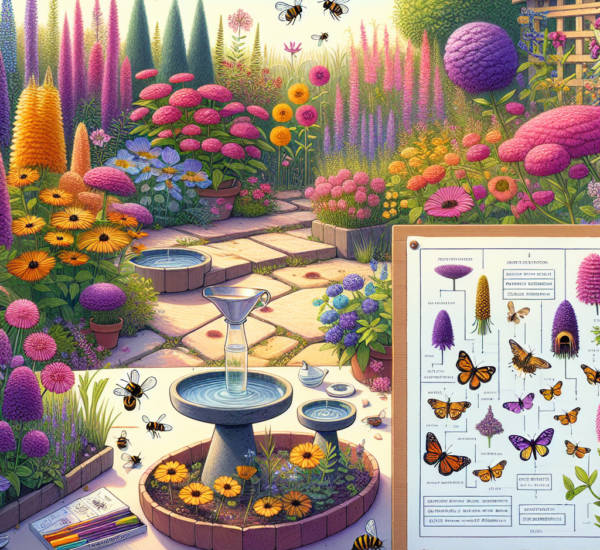Mulching is a powerful gardening practice that provides numerous advantages to your plants and soil. Learn how to mulch effectively by following this guide.
Table of Contents
Introduction
Mulching is not just about aesthetics—it’s about creating a thriving ecosystem for your garden. This article will discuss the multitude of benefits mulching offers and guide you on how to carry out mulching effectively to maximize these benefits. By the end, you’ll be equipped with the knowledge to enhance your garden effortlessly.
Benefits of Mulching
Improved Soil Health
One of the primary benefits of mulching is the enhancement of soil health. Mulch acts as an organic blanket, enriching the soil with vital nutrients as it breaks down. This process improves soil texture and fosters a healthy environment for root systems. According to a study by The Agronomy Society, mulching can significantly increase microbial activity in the soil, thus promoting plant health.
Water Conservation
Mulching is an effective method for conserving water. By minimizing evaporation, mulch helps maintain consistent moisture levels in the soil. This is particularly advantageous in arid climates or during drought conditions. A layer of mulch can reduce the need for frequent irrigation, thus conserving this precious resource.
Weed Control
By blocking sunlight, mulch significantly reduces the growth of weeds, helping you maintain a neat and tidy garden. The consistent application of mulch onto the soil surface can suppress weed seed germination, saving you the labor and frustration of constant weeding. For tips on weed prevention, read our article on effective weed control strategies.
Pest Management
Organic mulches can act as a deterrent to certain pests, creating an environment that is less conducive to pest proliferation. As the mulch decomposes, it can attract beneficial insects and organisms that prey on garden pests. This natural pest control method can reduce your reliance on chemical pesticides.
How to Mulch Correctly
Choosing the Right Mulch
Selecting the appropriate type of mulch depends on your garden needs. Organic options like straw, bark chips, and leaves offer nutrient benefits as they decompose. In contrast, inorganic mulches like gravel and black plastic are excellent for suppressing weeds. It’s crucial to match the mulch type with your specific garden goals, whether that’s enhancing aesthetics, increasing nutrient levels, or controlling weeds.
Mulching Techniques
To mulch effectively, spread a uniform layer between 2-4 inches thick, keeping mulch away from plant stems and trunks to prevent rot. Use a rake or shovel to distribute the mulch evenly. Avoid the common mistake of piling mulch excessively, known as “volcano mulching,” which can suffocate plant roots and lead to other issues.
Maintenance Tips
Regular maintenance of your mulch is important for sustaining its benefits over time. Replenish the mulch layer as needed, especially after heavy rainfalls or extreme weather conditions. It’s also helpful to periodically turn the mulch to aerate it, which can enhance nutrient release and improve its appearance.
Conclusion
Mulching is a fundamental practice for creating a sustainable and healthy garden environment. By improving soil health, conserving water, controlling weeds, and managing pests naturally, mulching provides a multitude of benefits. Whether you are a seasoned gardener or a newcomer, implementing the right mulching techniques can make a significant difference in your garden’s health and beauty. Start mulching today, and enjoy a more resilient and vibrant garden.
For more gardening tips, explore our gardening resources.
FAQ
- How often should I replace mulch?
- Typically, mulch should be replenished once a year, but it may need more frequent refreshing based on weather conditions and the type of mulch used.
- Can I use mulch for all types of plants?
- While mulch is beneficial for most plants, certain species like succulents may prefer less moisture, so adjust the type and amount of mulch accordingly.
- Does mulching work in all climates?
- Yes, mulching is effective in various climates. However, the type of mulch and application method may vary depending on regional weather conditions.




